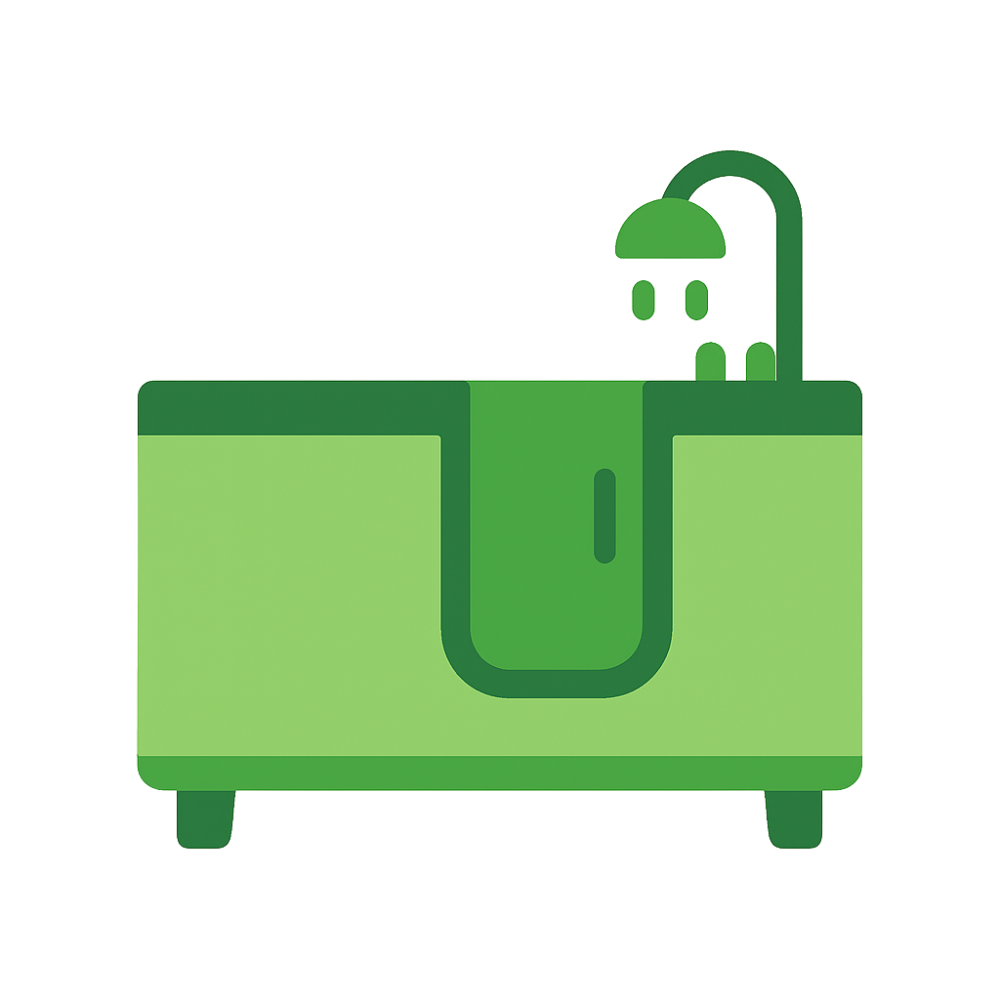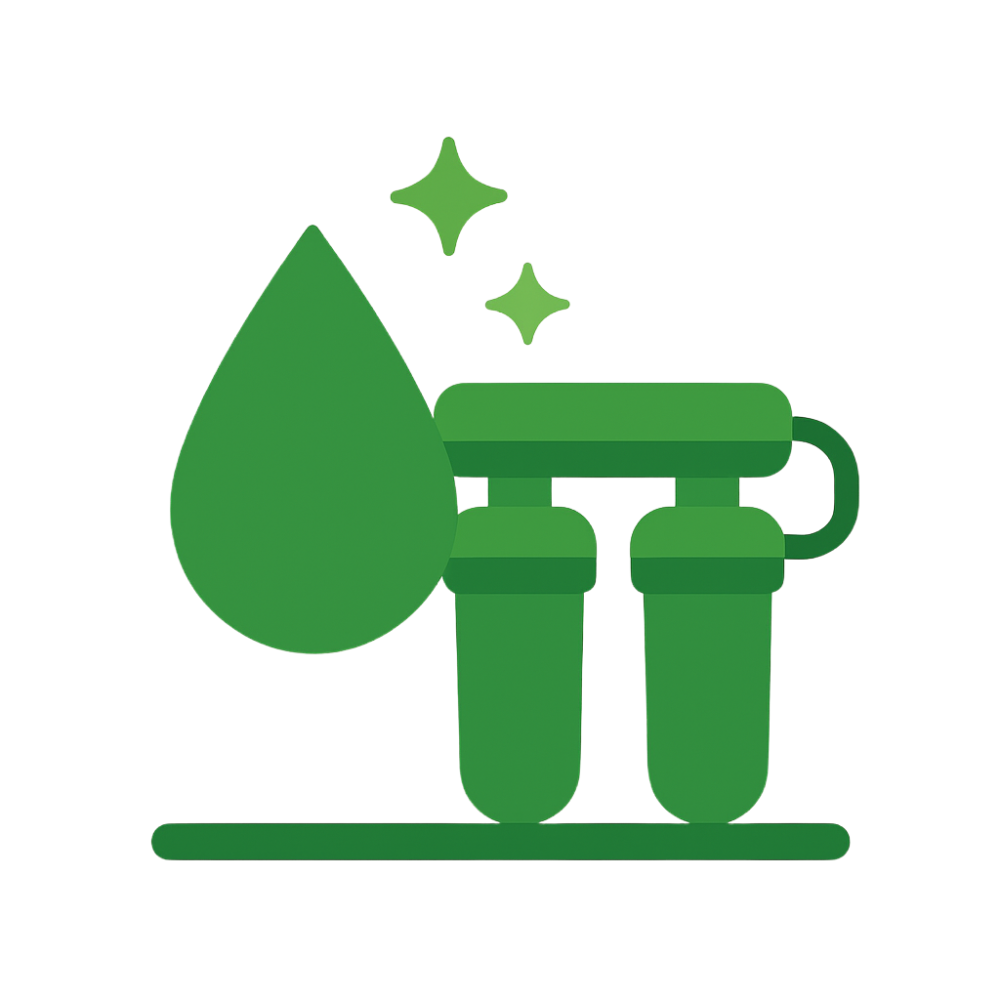The U.S. Department of Energy (DOE) has finalized new efficiency standards for residential water heaters, set to take effect in 2029. These rules are designed to cut household energy use, reduce utility bills, and curb emissions—but they’re also raising important questions for homeowners.
Here’s a clear breakdown of what the changes mean for you.
📜 The Basics of the New Rule
Starting in 2029, newly manufactured water heaters must meet stricter energy efficiency standards:
Electric water heaters must use heat pump technology
Gas-fired water heaters must adopt condensing technology
These upgrades aim to:
Save U.S. households $7.6 billion annually
Cut 332 million metric tons of CO₂ emissions over 30 years (equal to emissions from 43 million homes)
“These standards are a win for consumers and the environment,” says the DOE.
💵 Will It Save or Cost You More?
✅ Cost Savings Over Time
Homeowners could save up to $558/year on energy bills
Heat pump and condensing models use up to 24% less electricity
Efficient operation can extend appliance lifespan
⚠️ Upfront Costs May Be Higher
High-efficiency models cost more than traditional units
Installation of condensing gas systems may require venting upgrades
This can be a bigger financial burden for low-income households and seniors
🛑 Note: Existing systems aren’t affected. The rule only applies when replacing water heaters after 2029.
🔥 Are Gas Water Heaters Being Banned?
No. There is no ban on natural gas water heaters.
You can continue to:
Use your current system
Replace it after 2029 with a more efficient gas model
Choose between electric or gas—just expect updated technology
📌 Why This Matters for You
This rule is part of a wider federal push to improve energy efficiency across home appliances, including furnaces, gas stoves, and more.
Here’s what you can do now:
Plan Ahead: If your water heater is 8–12+ years old, consider upgrading before 2029.
Explore Incentives: Look for federal, state, or utility rebates to reduce the cost of new equipment.
Compare Options: Talk to HVAC or plumbing pros about condensing vs. standard systems, and what’s best for your home.
Budget Accordingly: Understand that while upfront costs may rise, long-term savings and performance are worth considering.
🏡 Final Thoughts
The 2029 water heater rule is designed to help the environment and your wallet—but the transition may come with short-term financial considerations.
Being proactive today can help you save more tomorrow.
Stay informed, explore your options, and make a plan that suits your needs and budget.
📞 Have questions about upgrading your water heater? Contact a trusted local professional to get advice or request a quote.

























